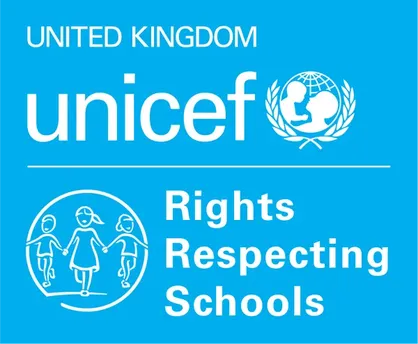Six years of hard work by pupils leads to changes to make the roads around this rural highlands primary school safer.
Morag Miller, Principal Teacher and RRSA lead at Duncow School, shares how pupils worked with the local community to create changes that make the roads around this Gold primary school safer.
A vital part of our Rights Respecting journey
Campaigning has become a vital part of our journey as a Rights Respecting School. Campaigning takes place in many forms and in many different areas of school and community life. Our campaigns start in different ways including learning focuses, the news and the local community. School campaigns are suggested during pupil house meetings and through pupil voice groups. Each class has a box where written ideas can be shared for classroom changes alongside being advocates for others in our wider community and across the world.
Our six-year Road Safety campaign
For six years, our pupils have been campaigning for safer roads outside our rural school. The idea began as a pupil concern from our Junior Road Safety Officers and was developed by pupil families, as parking, school drop off and pick up, speeding and safety, was a growing issue. A team of seven pupils reported the issues to the school then they wrote to our parent council and headteacher and the journey began from there.
The students wrote to local councillors, the roads department, families and the local community. They wrote an article for the community magazine and asked our community police officer to come and speak to pupils. PC Smith brought her speed gun, explaining the rules of the road and demonstrated just how fast a vehicle is travelling when going at the 60mph limit outside of the school. Pupils were shocked at how dangerous this seemed, despite being the legal speed allowed. It stirred the pupils to write again and continue to ask for change. The parent council were brought on board and they attended the local community meeting to express their concerns.
Each year, the student group took on the aim to ‘lower the speed limit’. Pupils continued to make their case to all who would listen, culminating last year in a meeting at our school with local councillors, roads department, parent council and our students. The plan discussed that day, with a speed reduction, flashing lights and road markings are now a reality. This was very exciting and children were ecstatic, especially those who’d been campaigning for this for almost their whole time at the school.
Together with the local community, the students had secured change and they knew their voice had been heard. It may have taken a while, but the outcome was better than we imagined.
The successful changes brought about by our campaign include several practical road safety measures and the speed limit reduced to 20mph around the school, then 40mph increasing to 60mph, one mile from school.
The impact of our campaigning work on our school community
Campaigning has had a major impact on our school and wider community, and it continues to develop. As staff, we see the impact on pupils’ empathy and helping them to realise that rights are for all children. The pupils feel heard, valued and their ideas taken seriously (Article 12). We’ve now been involved in campaigns for all sorts of things, it’s become a helpful way of engaging with our community. Our road safety campaign taught pupils that change takes time. They also learned that many different people can help with a situation and not to be afraid to ask for help.
There were practical benefits, too. Our children learned to write and communicate with increased maturity, expressing concerns respectfully and honestly. They enjoyed interviewing a variety of duty bearers and learned to share their concerns appropriately and listen to responses given.
The children are important contributors to the community, and we benefit from the community’s involvement too. The campaigns have helped to build those relationships, whether it’s road safety, or one of our other recent efforts such as dog fouling, saving the bees or access to clean water – activism is now part of what we do.
Top tips for campaigning
- Listen to your children and raise awareness of the needs within your community and wider world.
- Be ready to be involved. Ask children what changes they’d like to make – your children can make a real difference when supported to do so. With our encouragement and assistance, I truly believe they can change the world. I think it’s part of our role as duty bearers to facilitate that. We have seen, and continue to see, this happening at Duncow.
- It’s become part of who we are, who the children are. They see a problem and they think about how they can help. Children have the best ideas and, if given the opportunities, can make a difference.
School context: Duncow Primary School is a non-denominational primary school in a rural setting, north of Dumfries, Scotland. There are 42 pupils on roll, 19% of pupils meet a measure of deprivation, whilst 28% receive support for additional needs.



